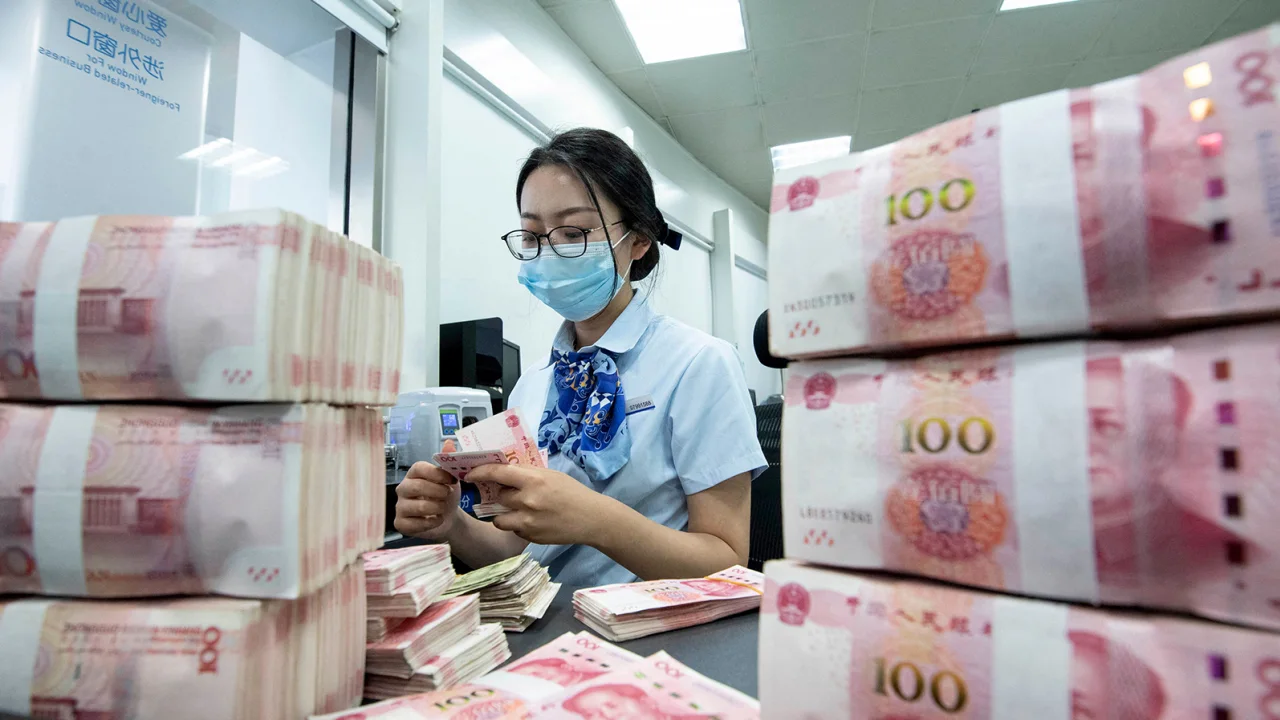China capital controls entice badly needed foreign investment

The Chinese government is relaxing capital controls, allowing foreigners in Shanghai and Beijing to move their money freely in and out of the country.
FDI (foreign direct investment) in the country had hit a record quarterly low amid a slump in business confidence, according to official data.
According to a statement from the city government posted Thursday, foreign investors in the Shanghai pilot free trade zone, where tens of thousands of companies are located, can remit funds without restrictions or delays.
There must be “real and [legally] compliant” funds associated with their investments in China, it stated. September 1 marked the effective date of the regulations, which do not apply to mainland Chinese nationals.
One of China’s largest free trade zones is in Shanghai, a city slightly larger than Seattle.
As well as Tesla’s Gigafactory, it’s home to hundreds of multinational companies, including HP, AstraZeneca, and BlackRock.
Beijing city government proposed similar regulations on the same day, pledging to facilitate cross-border fund flows. Public feedback is being sought on the proposal.
In order to build an open economy, the government said the policies aimed to attract foreign investment.
Companies and individuals can’t move money in or out of China without following strict rules, as China maintains a “closed” capital account.
As economic growth has slowed and the Chinese central bank has eased monetary policy more aggressively than its Western peers, the Chinese currency has shed more than 6% against the US dollar since the start of April. It is possible for a weak currency to further reduce a country’s investment appeal and accelerate capital outflows.
